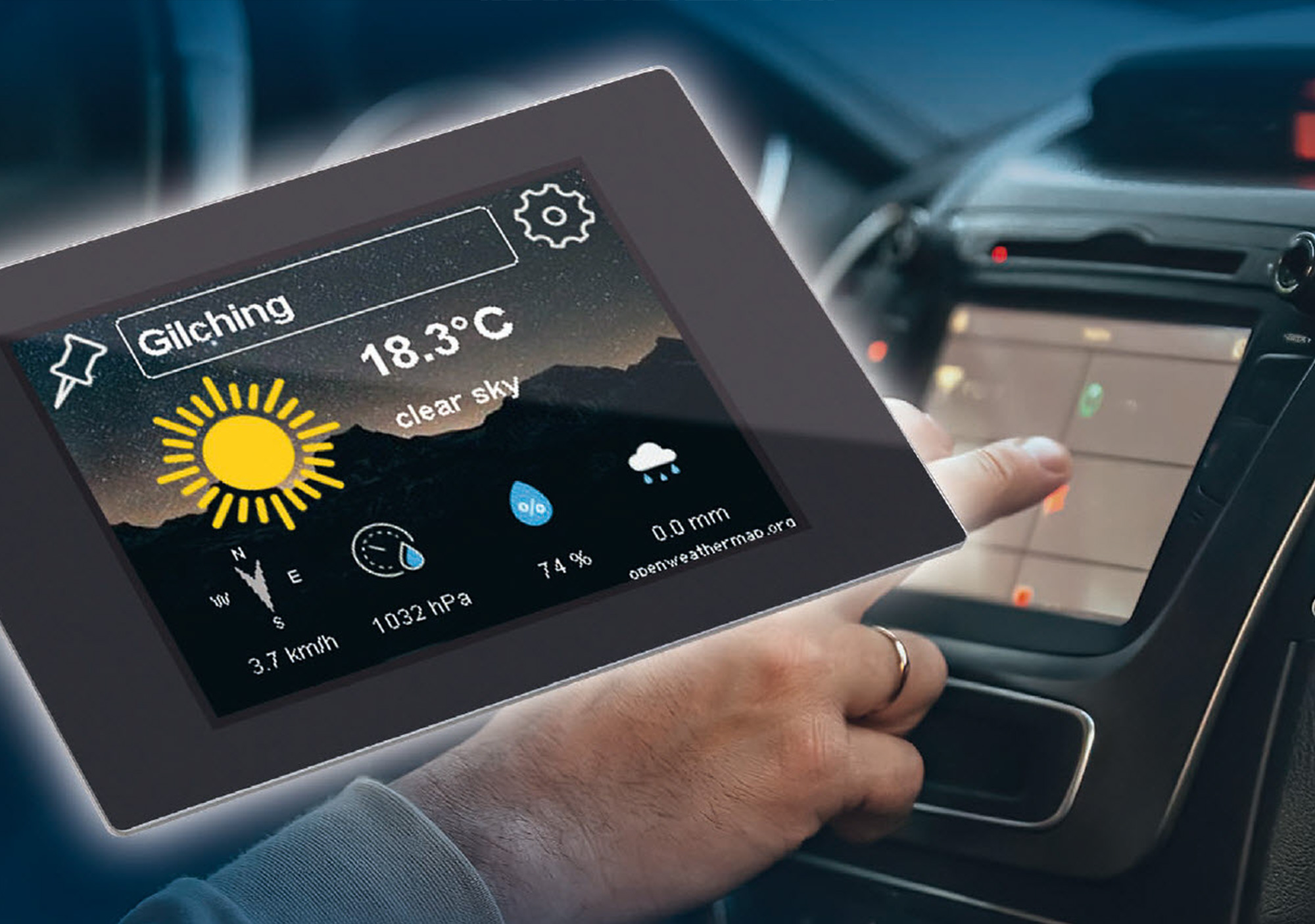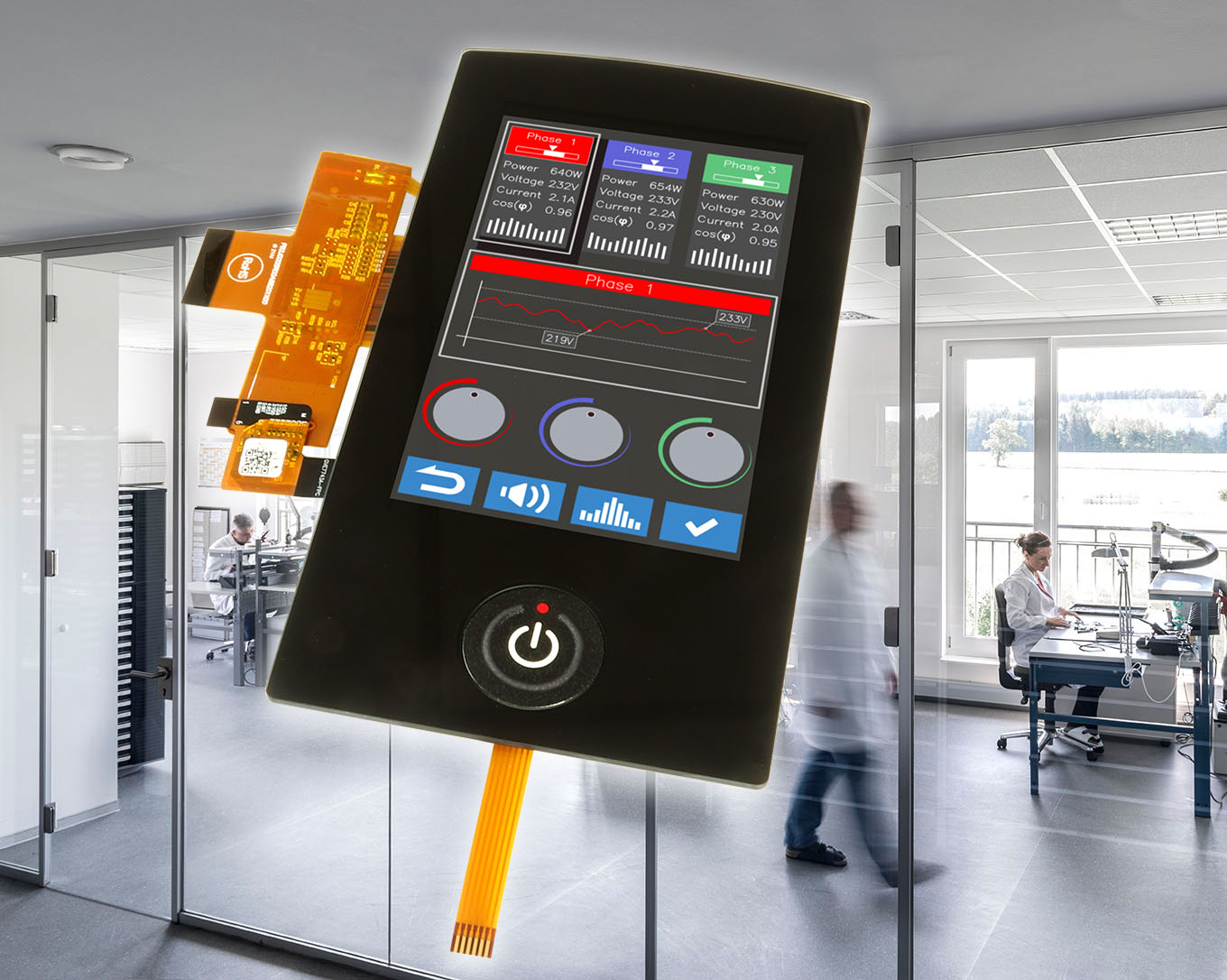Let's start with one thing: human beings are more irrational than rational. Feelings and emotions
determine a large part of our behavior. Of course, this does not exclude purchasing decisions.
Now you might say that this is probably true in the private sphere,
but not in the B2B sector, where the pros and cons are always carefully weighed up
through a wide range of information gathering.
On the other hand, there are also "normal" people working in the B2B sector, people
with preferences, experiences and a world of emotions.
Conversely, this means that it is a rather unusual exercise to leave feelings completely
"out of the equation" and carry out all processes "head-driven" at all times.
The extensive purchase decision, i.e. the more rational process, would be desirable, but the emotional part of the decision-making process has risen sharply in recent years - not least due to the ever-increasing time pressure and complexity in general. This also applies to appliances and requirements.
Even supposedly hard specifications such as high quality, professionalism, user-friendliness
etc. are difficult to represent or even compare in terms of values and therefore inevitably
fall into the emotional realm to a large extent.
Trust in a brand or good experiences from the past are also deeply emotional processes.
This has been proven by countless studies, and in the field of marketing these findings have long been summarized and taught under the terms neuroselling and neuromarketing.
Customized display with controller board


